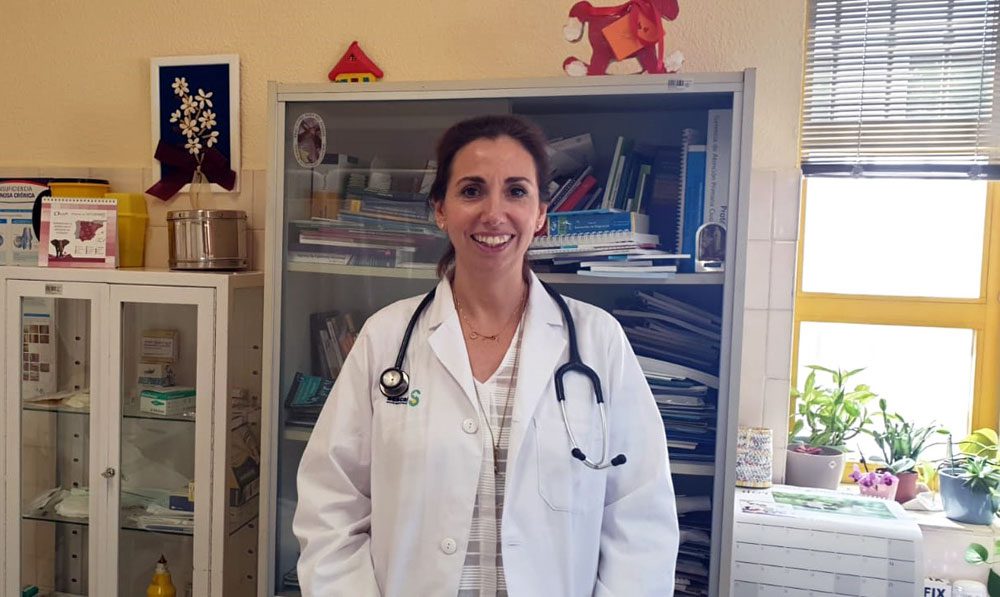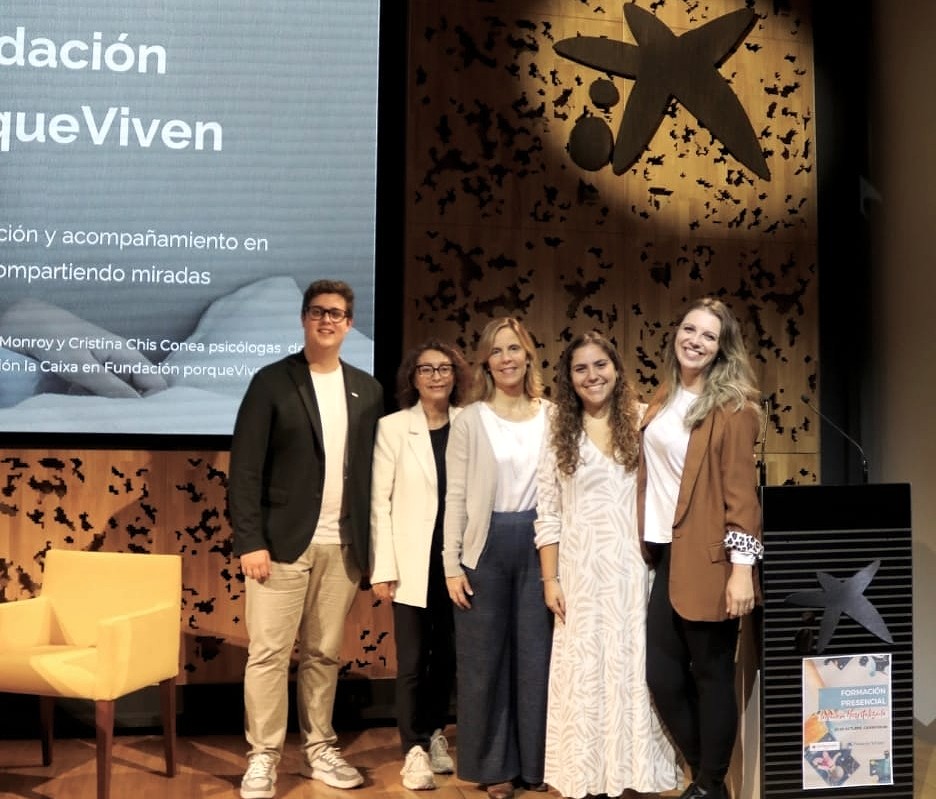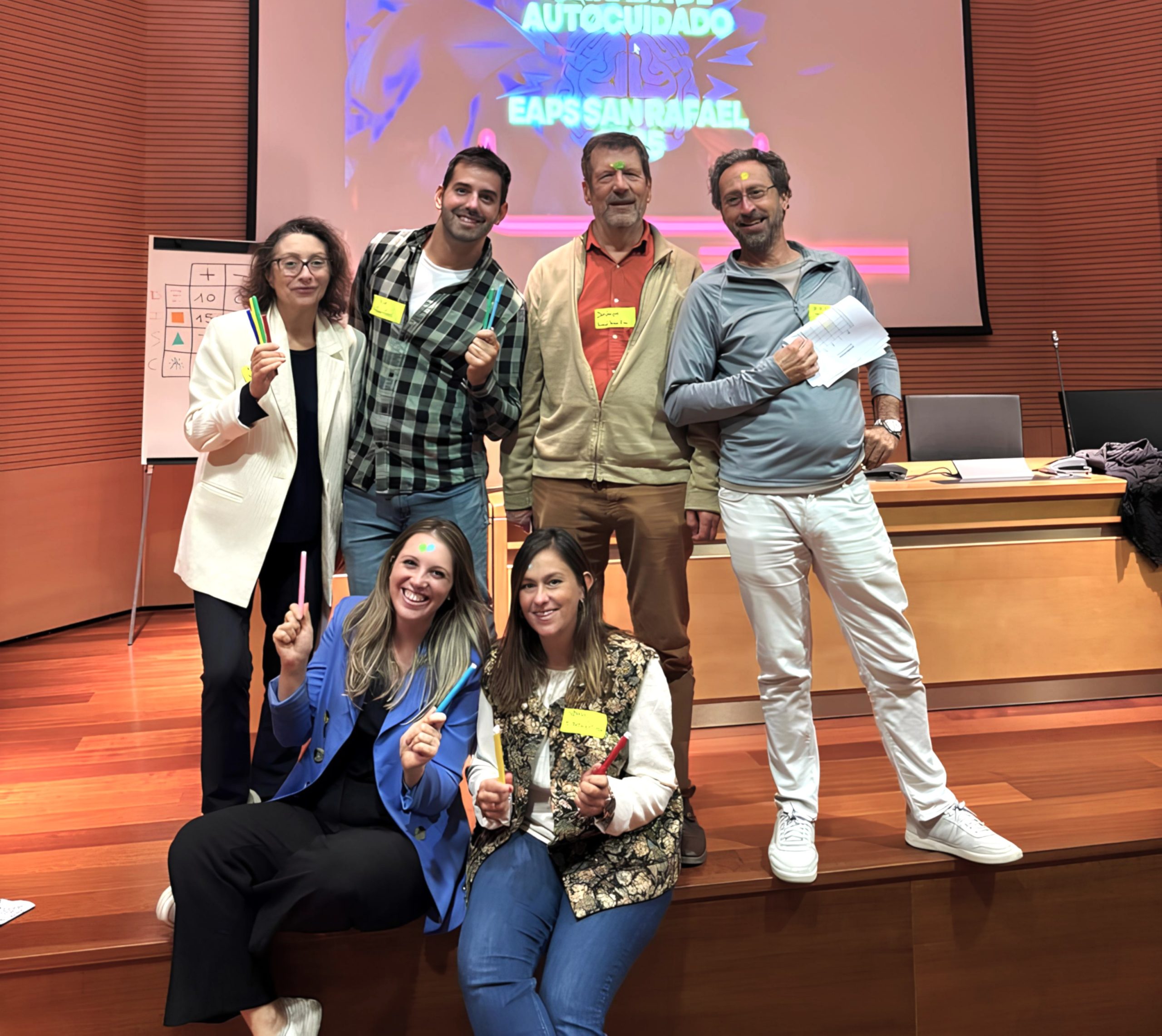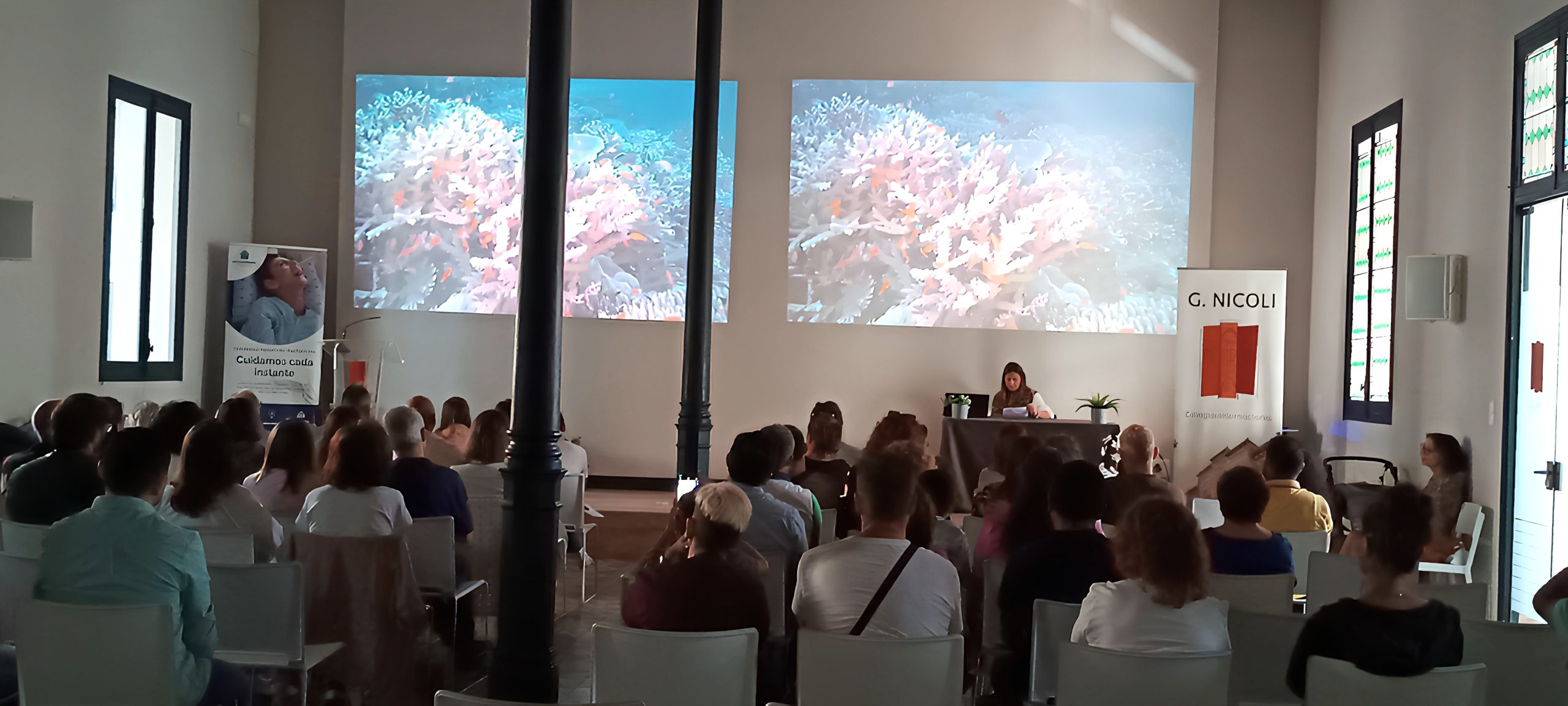Unanimity in the Cortes of Castilla-La Mancha in the face of a Proposition (PNL) to develop the Pediatric Palliative Care
The plenary session of the Cortes of Castilla-La Mancha has unanimously approved a non-legislative proposal before the plenary session on the need to respond to paediatric palliative care in the region presented by the Ciudadanos Parliamentary Group and in which it advocated the implementation of a consolidated regional strategy in this regard.
In the explanatory statement put forward by Úrsula López, doctor and deputy of Cuidadanos, it is stated that in Law 16/2003, of May 28, on the cohesion and quality of the National Health System, Care for terminally ill patients is guaranteed as one of the basic benefits for all Spanish citizens , both in primary care and in specialized care, but " it does not provide for the provision of palliative care in the broad sense, but is limited only to palliative care for terminally ill patients «.
"Disease-related suffering is one of the most overlooked issues on the global health agenda of the pediatric population. But addressing them has an incalculable impact on the well-being of children and their families."
Ciudadanos has endorsed the proposals of the Ministry of Health in 2009 that pass because the Primary Care doctor must have full knowledge of the diagnosis, treatment and evolution of his patient's disease; and The pediatric palliative care team should include a pediatrician, pediatric nurse, social worker, occupational therapist, child psychologist, spiritual counselor, and care coordinator .
The palliative care team should, according to Ciudadanos, individualize care in each family, be available 24 hours a day, 365 days a year, and guarantee quality and continuity of care throughout the geographical area.
In addition, they claim that the Paediatric Palliative Care Unit (UPCP and UICP) should be located in the paediatric hospital that has the material resources and specialists that can cover the clinical and care needs at the different times of their illness.
Úrsula López recalled that this care involves attending to the "body, spirit and mind" of the little ones and their families beyond the treatment of a hypothetical serious illness.
In the parliamentary debate, some reflections were presented by the different political groups:
- Rare, neurological, cardiac or oncological diseases also affect children and adolescents, a reality to which a solution must be "urgently" requested.
- Do not equate palliative care with the end of life, as both therapies are not mutually exclusive. If we cannot cure, it is always necessary to relieve and care for people.
- The health system strives to take care of patients who require palliative care, but the reality is that thousands of people do not have access to this care due to a lack of resources and a lack of professionals.
- A national and coordinated strategy is needed in this type of paediatric palliative care.
- We must maintain family ties that allow us to also be able to care for patients at home.
- It is important to have multidisciplinary teams with training that must come from the faculties of medicine, nursing, psychology and social work.
From the PORQUEVIVEN Foundation We celebrate the unanimity of all political parties in supporting this proposal, demonstrating that on issues as relevant as the Pediatric Palliative Care a consensus can be reached. We hope that this initiative will have a future national scope.
We need a national law that guarantees the provision of Palliative Care to all people, without age limit.
More information in:






